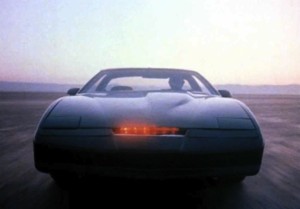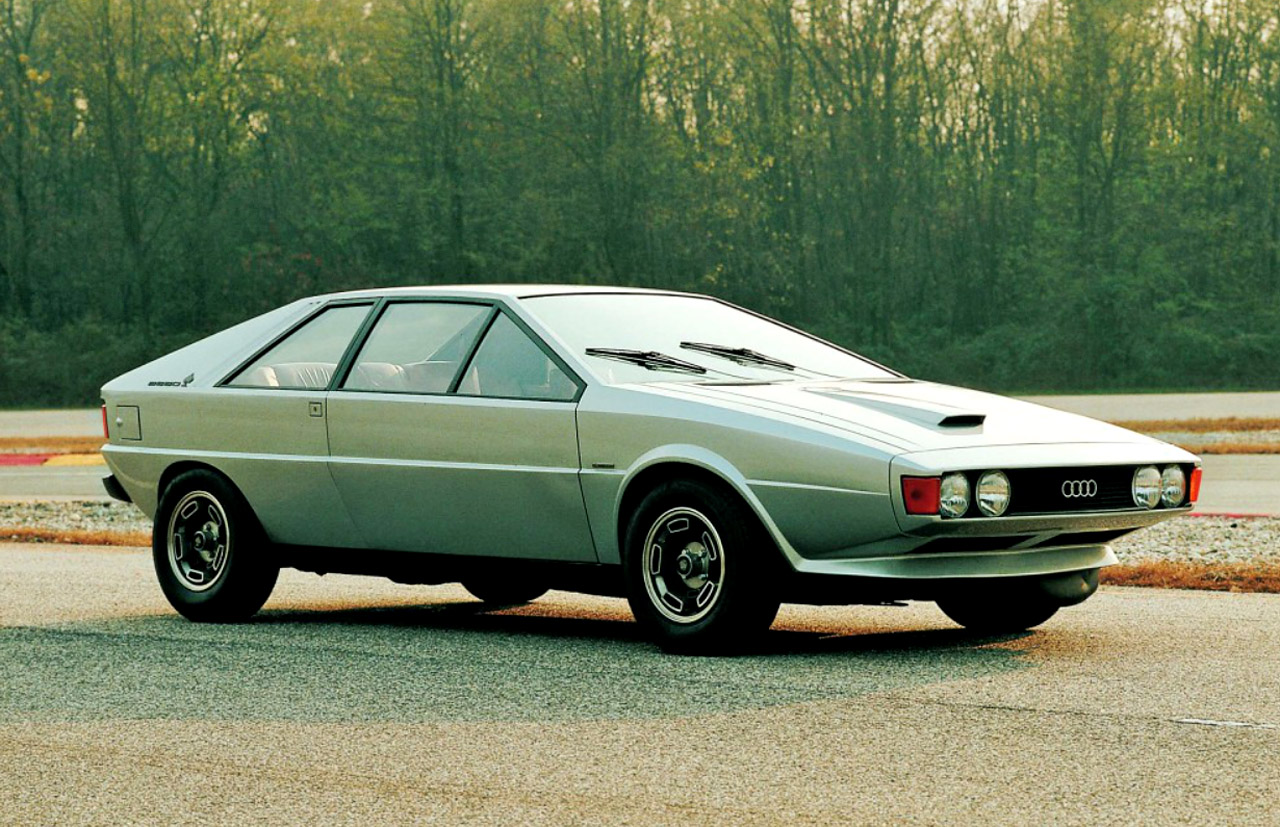Will a Self Driving Car Bring an End to Our Driving Skills?
Cars are getting smarter. They’ve joined the ranks of planes, trains, computers, phones, robots and home appliances – modern inventions from man who may soon have competition in the productivity department. While cars are also getting a boost in “brainpower”, some individuals believe a time will come when humans will forget how to drive. And some think we’re on the horizon. As a car owner, what do you think? Will the self driving car make us worse drivers? And do you think better artificial Intelligence (AI) will transcend the need for people to refine their driving skills?
Fiction Turned Fact
The above-mentioned questions would most likely spark intense debate in university lecture halls. Regardless of the answers, the progression is inevitable, and hopefully it’s a positive one since predictions point to 2035 as the year where most cars will drive themselves. If that’s the case, we may no longer need to have a license; perhaps, all we’ll need is a prepaid card to buy regular software updates from an app store!
These changes have led older generations to believe in the eventual decline of driving skills. It was only  a few years ago, that you had to rely solely on yourself to stay safe on the roads. You needed to be fluent in your motions, whether it meant checking your blindspots, judging distances, reversing, parallel parking and more. Therefore, you needed sharp cognitive skills, and any deficiencies in things such as eyesight, required correction (with glasses or contacts). Now, you still need those facets (depth perception, attention etc.), but it’s safe to say technology will allow us to get away with not putting forth our greatest effort behind the wheel.
a few years ago, that you had to rely solely on yourself to stay safe on the roads. You needed to be fluent in your motions, whether it meant checking your blindspots, judging distances, reversing, parallel parking and more. Therefore, you needed sharp cognitive skills, and any deficiencies in things such as eyesight, required correction (with glasses or contacts). Now, you still need those facets (depth perception, attention etc.), but it’s safe to say technology will allow us to get away with not putting forth our greatest effort behind the wheel.
Thanks to ideas and concepts that existed in sci-fi novels, movies, and T.V. shows (ie. Knight Rider), the features of a self driving car are now a fact. Even more surprising, drivers of new vehicles not only want these options, they demand them. You too might carry such sentiments.
Sound Familiar?
A few years ago, cars with built-in GPS units were blessings on wheels. Auto brands have upped the ante ever since. Along with an endless list of bells and whistles, there’s a stream of features to make your drive seem like less of a chore.
The Works
- Rear view cameras – Commonly seen in SUVs and vans, rear-view cameras allow the driver to see what’s behind them as they reverse. This could be anything, ranging from the bumper of a car in an opposing parking space, to the sidewalk on which pedestrians walk.
- Self-Park – Cars that can park themselves, whether it’s reverse, front or parallel, are now
 commonplace. Pioneered by Toyota, parking assisting technology (or park assist for short) has improved significantly over the years, and been adopted by other brands such as Audi and Hyundai.
commonplace. Pioneered by Toyota, parking assisting technology (or park assist for short) has improved significantly over the years, and been adopted by other brands such as Audi and Hyundai.
- Crash Avoidance Technology – One of the more futuristic, spaceship-like features found in today’s vehicles are crash avoidance features. Lane departure warnings, blindspot detection and front crash prevention, in particular, are now included in the majority of new car models.
These features are not without their merits, however. Human error is a leading cause of accidents, whether it’s between drivers or collisions with pedestrians. If you have a vehicle with such features, and had a warning kick in, saving you from a disastrous situation, you’ll no doubt appreciate it. Think about backing out of your driveway, and seeing a child run behind your car to grab a ball. Or your ABS activating when the car in front of you suddenly stopped. These features can definitely serve as lifelines when we’re not 100% focused or in control.
Realistically speaking, cars with automated abilities have been around for decades. Electronic stability control features (ESC), such as traction control and automatic braking systems, have been around for at least two decades (development for these technologies began in the 80s). So cars were learning to drive themselves many years ago, but there’s an explosion of new vehicles which possess these abilities to umpteenth degree.






